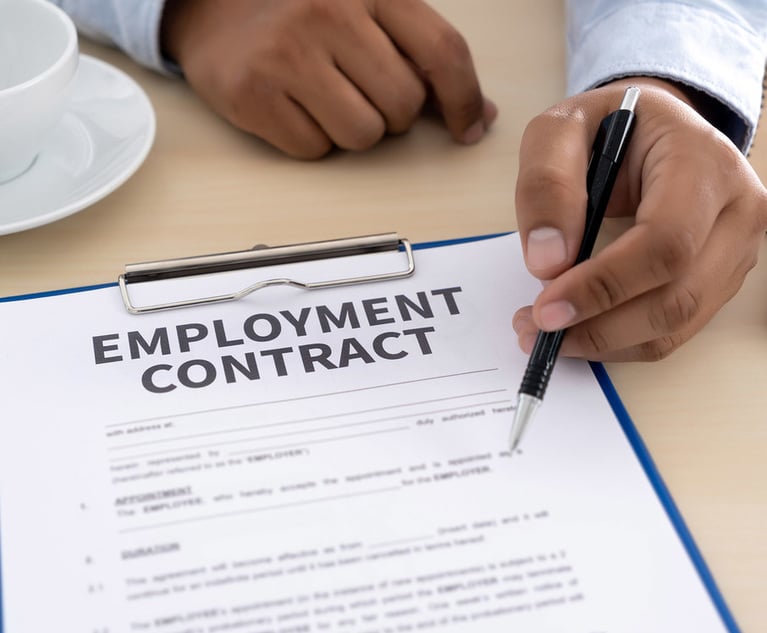With the stroke of a pen, Governor Phil Murphy has forever changed the dispute resolution process for employees and employers in New Jersey by rendering unenforceable any provision in an employment contract or settlement agreement that waives “any substantive or procedural right or remedy relating to a claim of discrimination, retaliation or harassment.” Born of the #metoo movement and touted by state Assemblywoman BettyLou DeCroce (R) as protecting “victims from being forced into silence, to allow them to share their stories and fight for justice if they want to do so[.],” the bill became law earlier this year amidst controversy and criticism as another “anti-business” measure by the state Legislature.
As of March 18, 2019, Senate Bill 121 amended the state’s long-standing Law Against Discrimination (NJLAD) to prohibit any contractual provision that conceals the particulars of claims under the NJLAD. Specifically, under the newly amended law, any such agreement is now void as “against public policy and unenforceable against a current or former employee who is a party to the contract or settlement,” if the provision has “the purpose or effect of concealing the details relating to a claim of discrimination, retaliation, or harassment.”


 Photo: Shutterstock.com
Photo: Shutterstock.com




